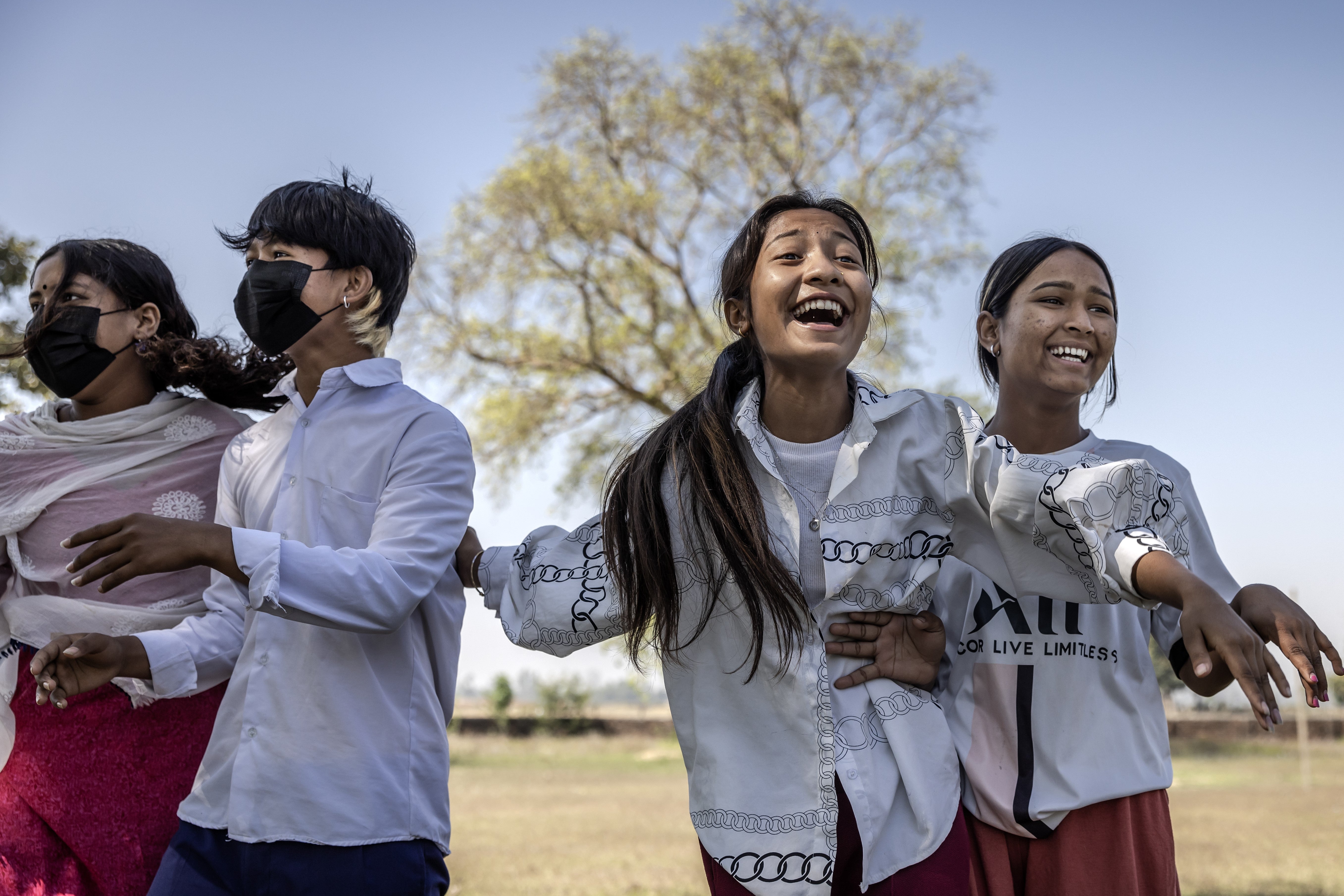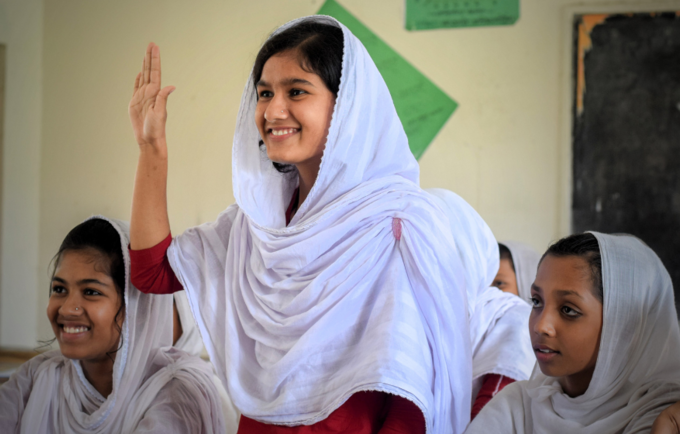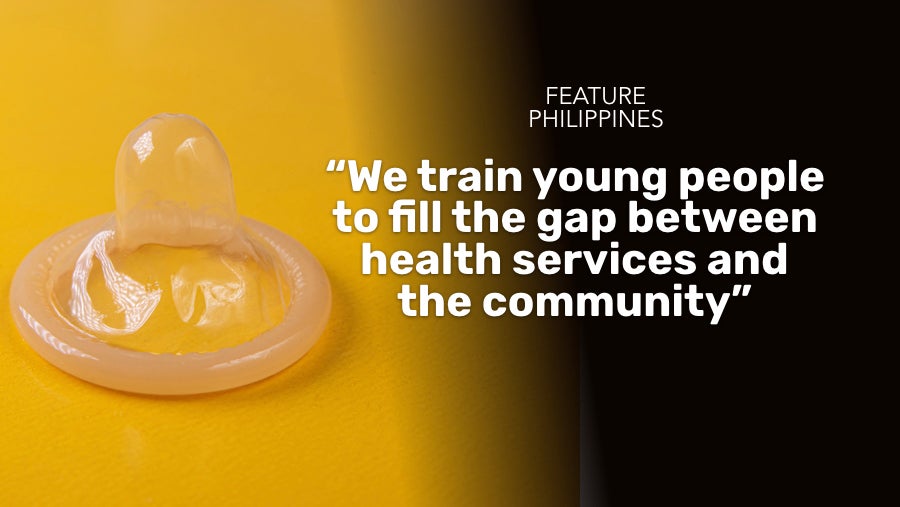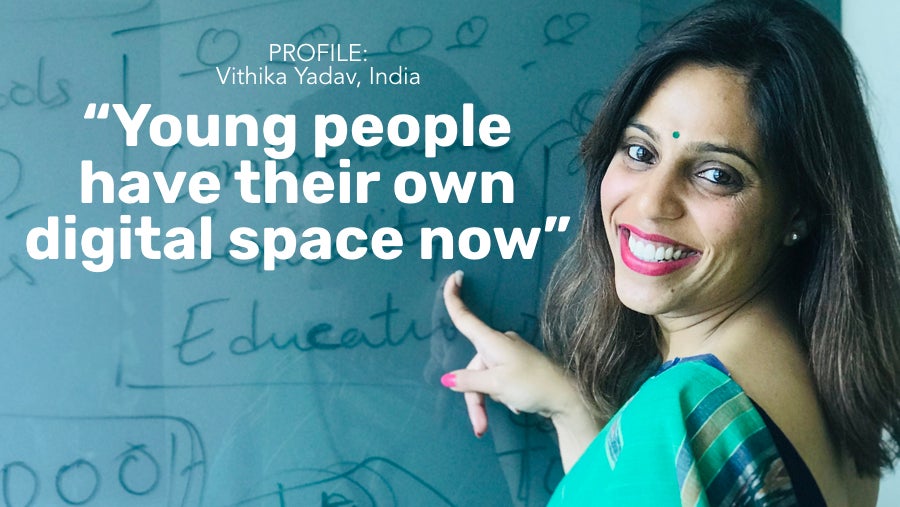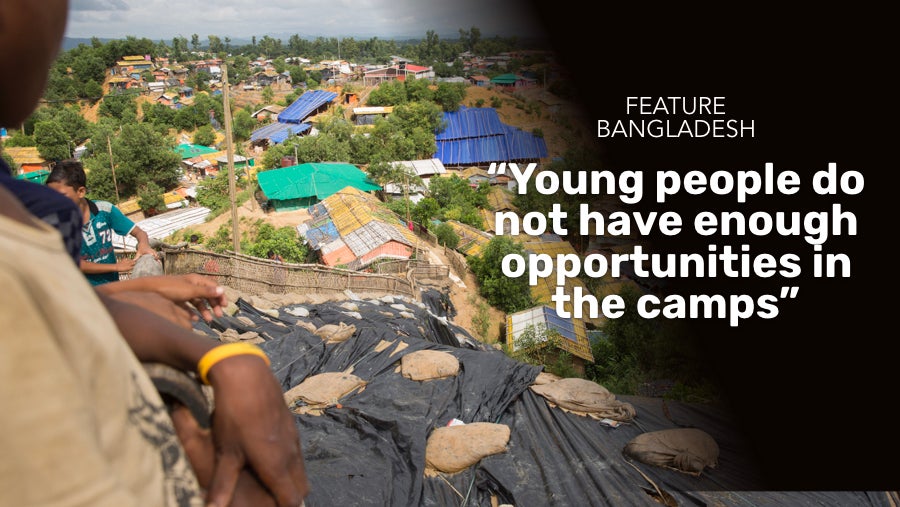Today’s Adolescents and Youth
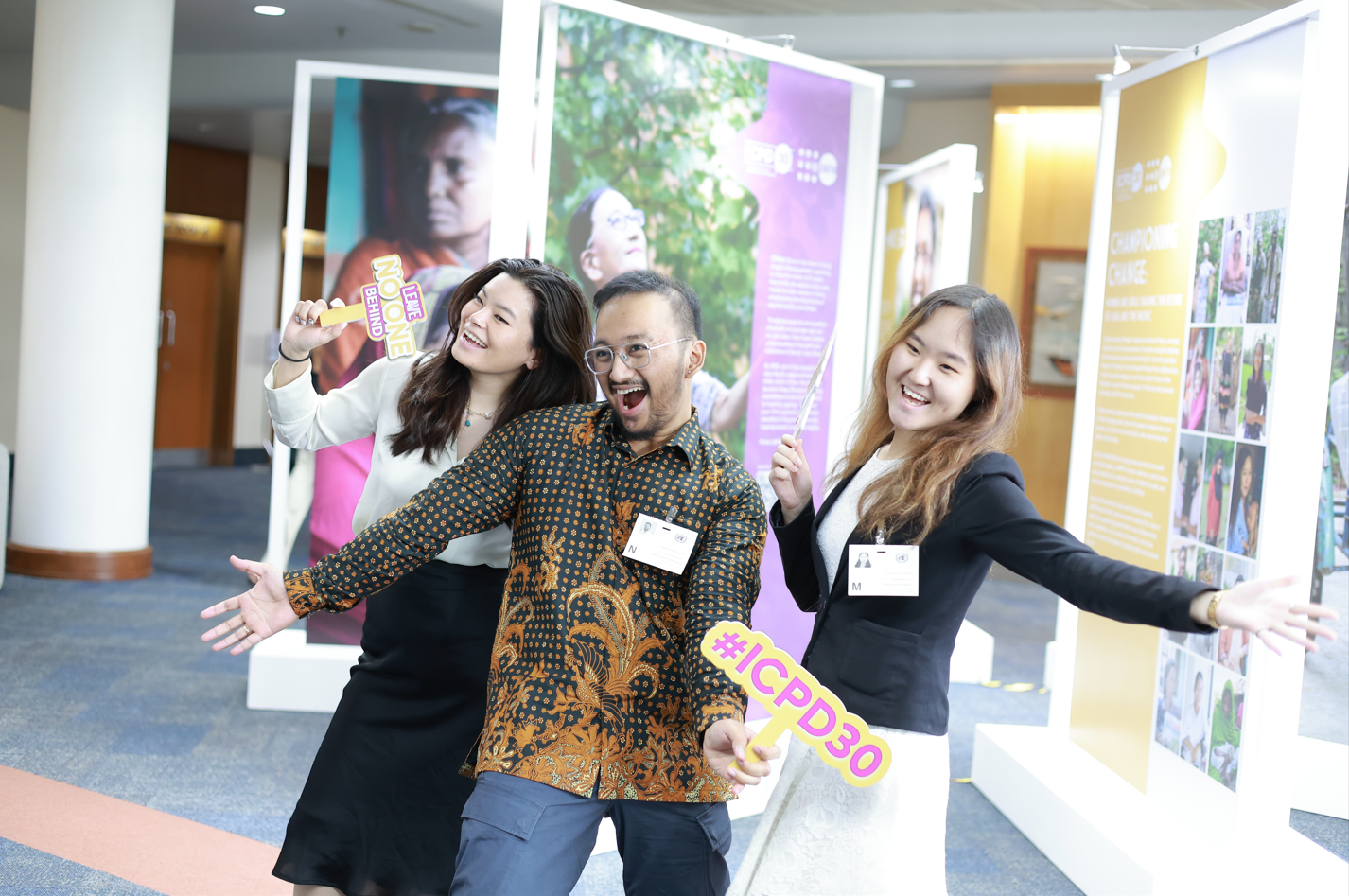
Yet, too many are unable to fully contribute and participate in society. Every year, over 3.7 million teenagers get pregnant with around one in eight unintended births taking place in Asia and the Pacific. The safety of young women and girls is also at risk with high rates of physical and/or sexual intimate partner violence across the region, particularly in the Pacific UNFPA data suggests that across the region, one in two 15-24-year-old women in the Pacific, one in four in South Asia, and one in six in Southeast Asia have experienced physical and/or sexual intimate partner violence.
The compounding issues of the climate crisis, urbanization, migration, and rapid digitalization make it even harder for young people, particularly for girls, to participate fully in society. But when empowered and given the right opportunities, youth are effective drivers of change.
What does UNFPA do?
Adolescence is a time where young people gain skills to make choices, including on their sexual and reproductive health. As the United Nations sexual reproductive health agency, UNFPA’s vision is a world where every young person can achieve their fullest potential by making their choices and enjoying their rights.
Adopting a life-cycle approach, UNFPA’s work rests on the commitments to sexual and reproductive health and rights for all as embodied in the 1994 International Conference on Population and Development and its Programme of Action. These commitments are crucial for adolescents and youth. Young people must realize their rights to make informed choices about their own bodies, their own lives and the world they live in is a matter of justice and a driver of a lifetime of returns.
Guided by the “MY BODY, MY LIFE, MY WORLD!” global strategy, UNFPA works with young people across the Asia Pacific region and beyond, placing them at the center of sustainable development.
MY BODY - Making informed choices over their own bodies
- Health services are fully geared to realizing the rights and choices of adolescents and youth within healthcare interventions, policies and programmes;
- Healthcare providers are trained to provide accurate age-appropriate and confidential services to adolescents and youth who might be facing gender-based violence or harmful practices; and,
- Health facilities are equipped to offer necessary sexual and reproductive health commodities, services and information, and support referrals to other important services.
- Young people are mobilized to share perspectives and feedback to improve quality and accountability at the community level.
MY LIFE - Enjoying a healthy life and successful transition into adulthood
In doing so, UNFPA works to ensure that,
- Comprehensive sexuality education is institutionalized within the school curricula;
- School teachers, as well as leaders and mentors of community-based organizations, are trained to deliver sexuality education in line with international standards;
- Digital sexuality education tools and platforms can be co-created with young people to ensure relevance and reach;
- Safe information corners are established in schools where students are able to develop the skills and knowledge required to advocate for their sexual and reproductive health.
MY WORLD - Leading and participating in sustainable development, humanitarian action and peace
UNFPA aims to foster and bolster youth leadership and participation by,
- Collaborating with youth-led organizations and networks,helping them participate in decisions affecting them, and strengthening their ability to advance human rights and development issues.
- Inclusive youth-friendly policies are designed that cater to the rights and needs of young people.
- Advocating for more investments in young people, particularly for young girls as unintended pregnancy or early forced marriage can disrupt their lives, limit their life choices, and negatively impact their well-being.
- Promoting meaningful youth participation in national and international settings with a focus on engaging persons with disabilities, people living with HIV/AIDS and indigenous young peoples, leaving no one behind. Their voices must be heard, and their active participation as agents of change needs to be promoted.
Making a real difference in the lives of young people rests on shared leadership and shared responsibility. Investing in their education, health, and livelihoods, as well as supporting youth-led organizations, initiatives, and partnerships, is crucial for achieving sustainable development.
